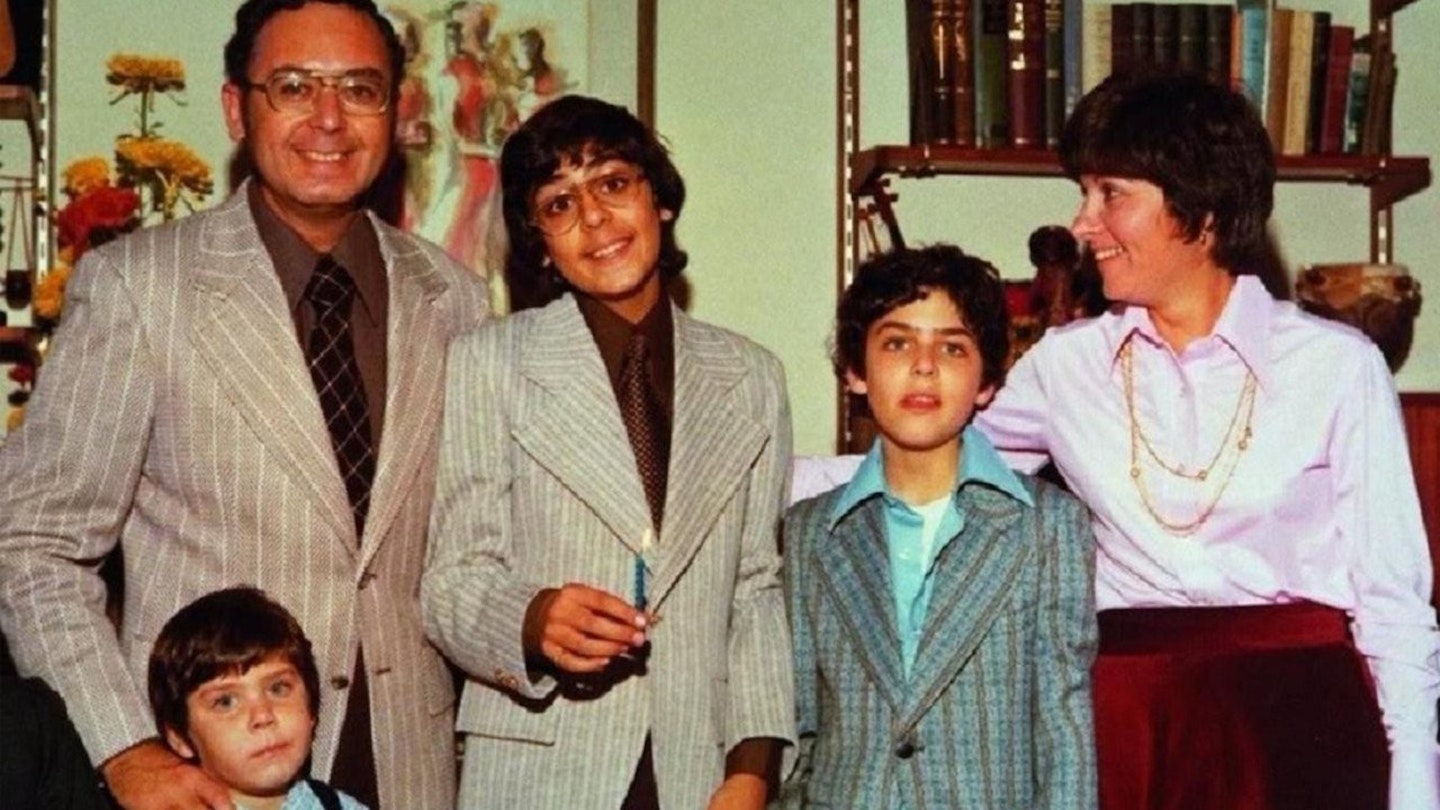The known facts, such as they are, are these: in 1987, Arnold Friedman, a respected school teacher and father of three boys, had his home raided after being caught ordering a pederastic magazine from Denmark. Local families were soon being questioned by the police about computer classes that Friedman had been holding in his basement, and within days lurid allegations of sustained sexual abuse against neighbourhood boys emerged.
Friedman was charged by police, his youngest son was also implicated, and the family imploded. And, owing to another son's newfangled video camera, it's all on tape. As a harrowing family drama, Capturing The Friedmans is pretty much without parallel. Jarecki invites us to watch aghast as tragedy piles upon tragedy. One of the most shocking and upsetting moments in the film is not recorded visually at all, but on audio tape. A shot of the cassette reels winding is held seemingly interminably as we hear a screaming match over the family dinner table, in which the three brothers round viciously on their mother for failing to support their father after his arrest.
But at a deeper level it's an object lesson in the occasional elusiveness of truth. It leaves you not knowing what to think. And that's the point. Jarecki's film brilliantly illustrates the fallibility of memory, the slippery nature of "facts" and even people's invention of events that may never have taken place.
A policewoman describes the piles of pornography that supposedly littered the Friedman's home, while on the screen we see the original police snapshots of the raid itself, in which the home is distinctly porn-free apart from a small stash of magazines hidden behind a piano in the basement. One of the alleged victims describes a grotesque episode of group abuse in the basement, before contradicting himself in the same interview and revealing that he hadn't had the memory at all until he was subjected to hypnosis. Other alleged victims come tantalisingly close to admitting that - under extraordinary pressure from inept police - they made the whole thing up (in one of the film's occasional grimly funny moments, one of the parents points out that the whole community had always been incredibly competitive, leading to bizarre "if your son was abused five times, mine was abused six" kinds of boasting).
